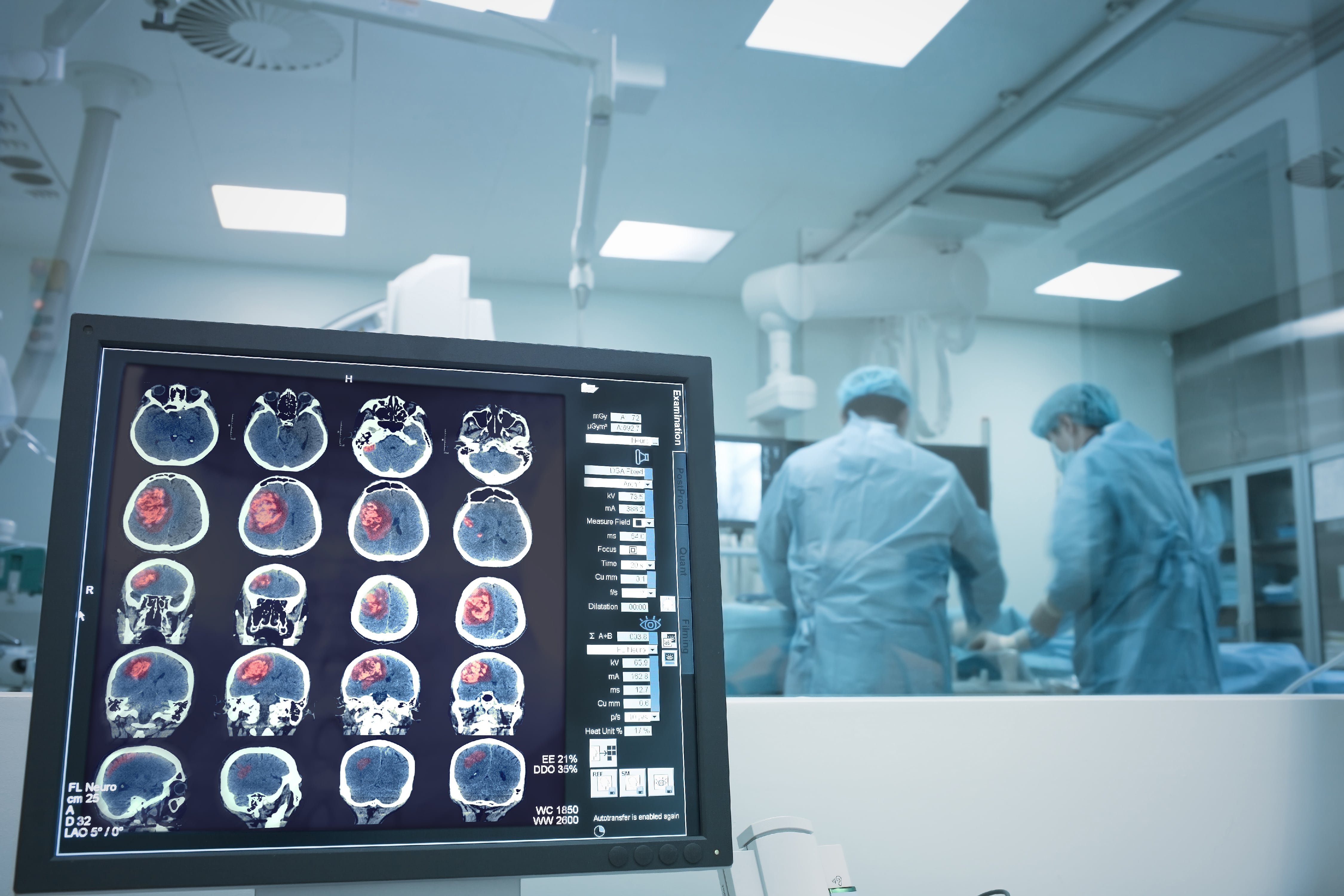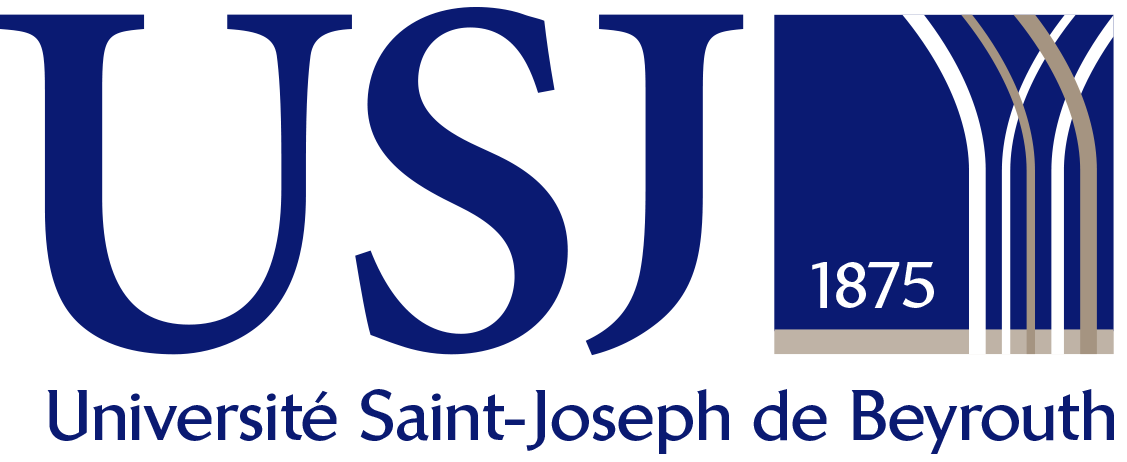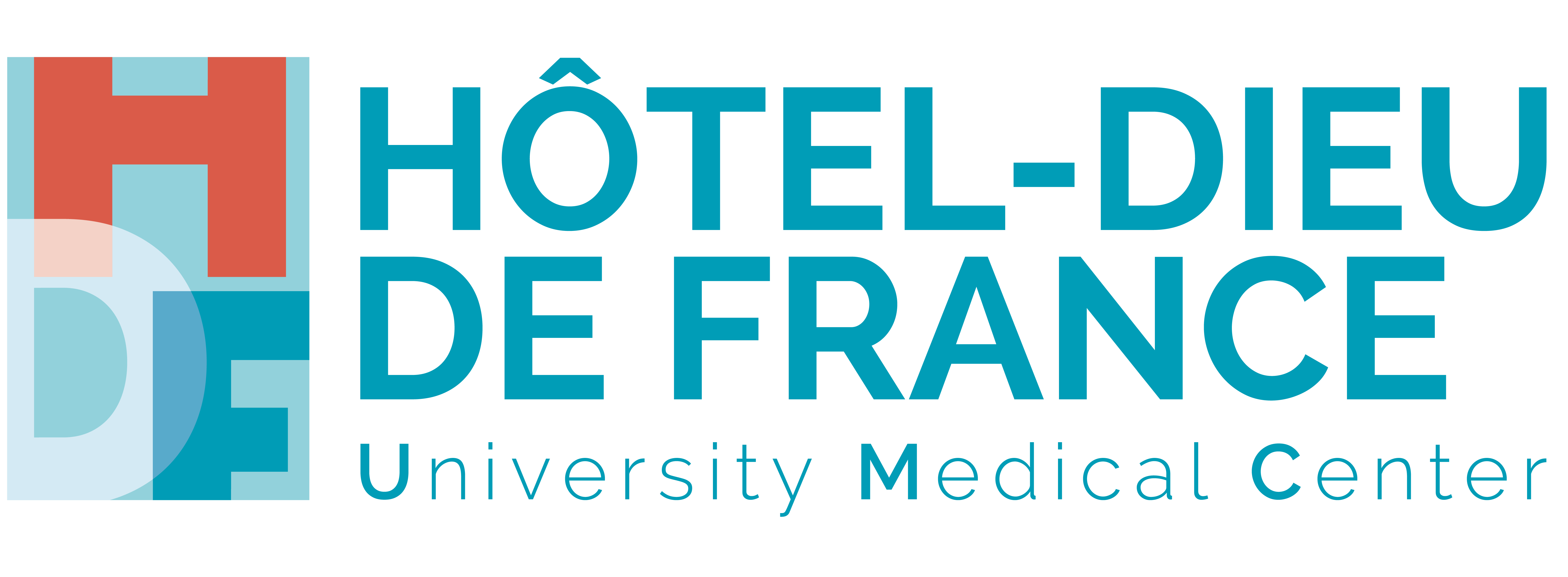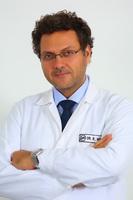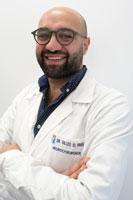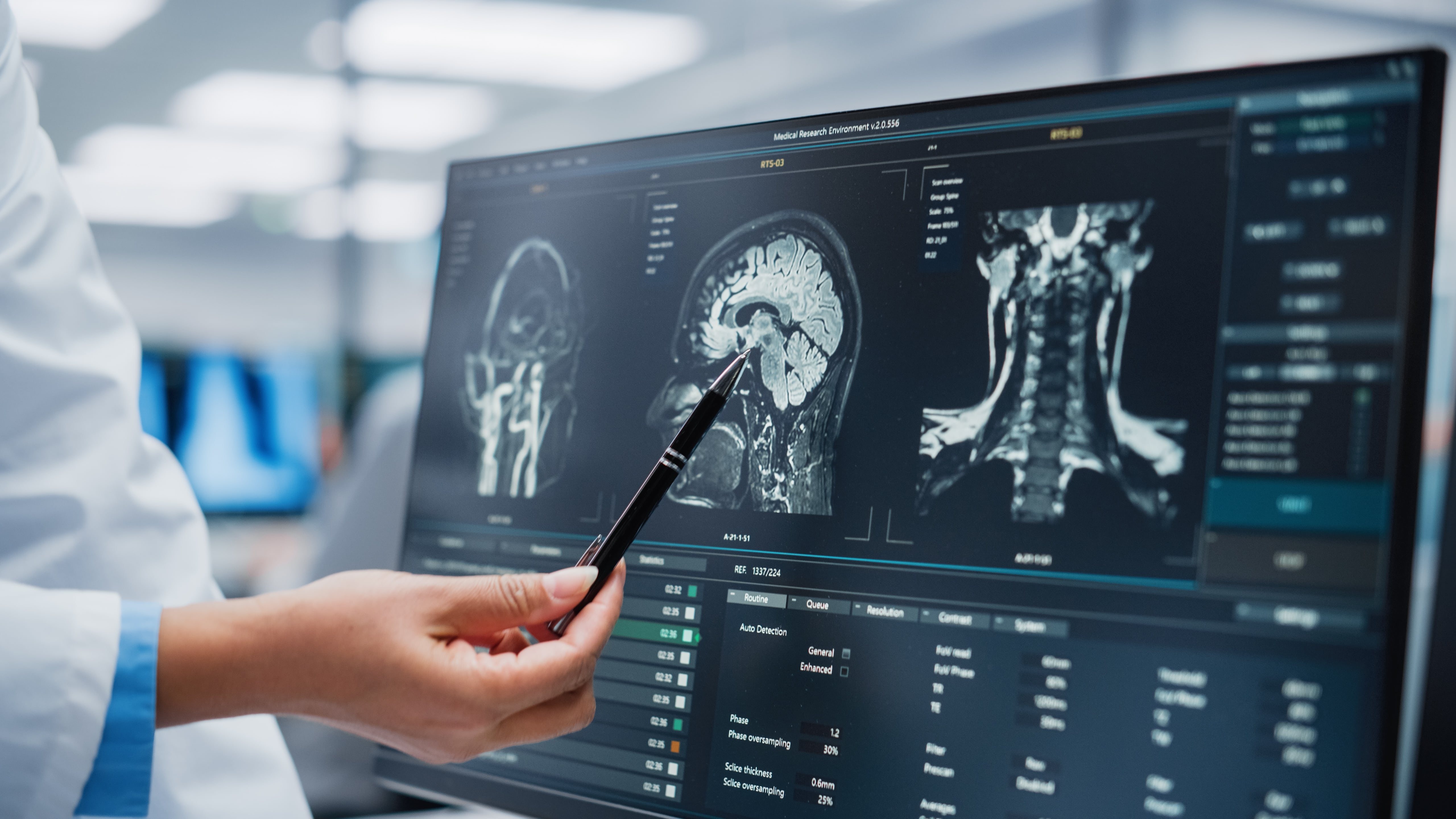
Neurosurgery Department
The HDF Neurosurgery Department was founded by Dr. Gédéon Mohasseb in 1960. Its mission is to:
- Provide the best patient care in line with the latest advances in medicine.
- Provide academic supervision for interns and residents to ensure the best training for future neurosurgeons.
- Develop research and publication activities in collaboration with the Faculty of Medicine at Saint Joseph University.
- Serve as a reference and center of excellence in Lebanon and the region.
Nos Médecins
The department currently consists of six neurosurgeons and three resident trainees. It provides care in various areas, including tumor, vascular, functional, pediatric, traumatic, spinal, and peripheral nerve surgery.
The latest advancements in neurosurgery, such as awake surgery, minimally invasive spine surgery (MIS), epilepsy surgery, and endoscopic endonasal surgery, are regularly practiced.
Each year, the department accommodates one resident who undergoes a well-defined five-year training program, including two years abroad (France, Canada, USA).
With the establishment of the HDF network, the department’s activities have expanded to the network’s satellite hospitals: Saint Charles Hospital, Cortbawi Hospital, and Tel Chiha Hospital.
- Surgery for adult and pediatric brain tumors
- State-of-the-art technology aimed at maximizing the success of delicate neurosurgical procedures and minimizing the risks of complications and side effects:
-
Awake surgery
-
Neuronavigation-assisted surgery with millimeter precision
-
Intraoperative monitoring of the nervous system function
-
Ultrasonic scalpel (Cavitron) for precise destruction of tumors and brain lesions
- High-precision stereotactic procedures
- Surgical treatment of hydrocephalus using shunts and endoscopic techniques
- Surgery for pharmacoresistant epilepsy
- Vagus Nerve Stimulator for refractory epilepsy and certain treatment-resistant depressions
- Skull base surgery, including endoscopic endonasal approaches
- Surgery for intracranial aneurysms, cavernomas, and arteriovenous malformations
- Surgery for complex and challenging skull base tumors
- Endoscopic surgery for pituitary adenomas
- Linear accelerator-based radiotherapy (radiosurgery)
